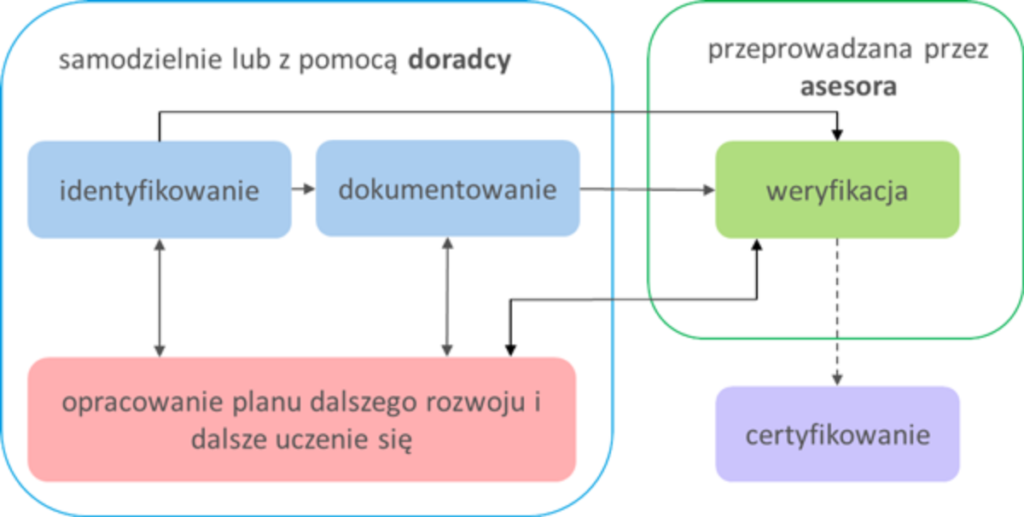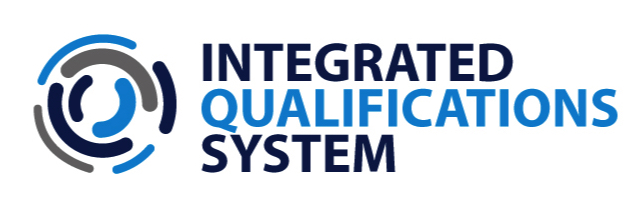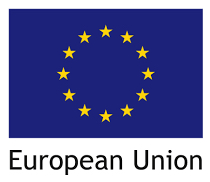VALIDATION
What is validation?
Before you receive your certificate from the awarding body, which confirms that you have a given market qualification, its experts must check if you have the required knowledge and skills. This is done through validation.
Validation is a process, through which you can prove to the experts that you have the learning outcomes required for a given qualification. The manner in which you have acquired these learning outcomes is not relevant. It could be through an Internet course, serving your internship in a family business or simply by cultivating your hobby.

You will be awarded your certificate provided the experts conclude that you have ALL required learning outcomes – i.e. you know and are able to do everything referred to in the description of the qualification you are applying for.
What is the course of the validation procedure?
This depends on the following:
- the market qualification – the basic requirements are identified in the qualification description;
- the awarding body (AB) – the awarding body designs and organises the validation with relevant information on the validation made available on its web page.

Validation is not yet another school exam!
Depending on the qualification and how the validation procedure is organised, awarding bodies may use various methods designed to test your competence.
These may include the following:
- an analysis of evidence and declarations which confirm your skills and experience, e.g. your portfolio,
- an interview before a committee – during which you will need to demonstrate your knowledge,
- written tasks to be performed or a knowledge test,
- a simulation – with particular tasks to be performed by the candidate.
Validation may proceed in stages or it may be adapted to the needs of the candidate.
Validation – a process of assessing whether a person seeking to have a given qualification awarded has attained a distinct set or all of the learning outcomes required for the qualification, irrespective of how they were acquired.
VALIDATION STAGES
Validation is more than just a test of your knowledge and skills required for the certificate to be awarded.
It is also intended to examine your potential – what you already know and can do and what you still need to or can learn.
The way validation is organised depends on:
-the description of a given qualification,
-the awarding body – each awarding body may choose to proceed in a different manner.
Validation may consist of the following 3 stages:
-identification,
-documenting,
-verification.

Stage 1. identification
This stage is intended to identify what you already know and can do and what you still need to learn in order to be awarded the desired qualification or plan your development differently.
This way:
you will be better prepared for the verification stage;
it will be easier for you to plan your future education and professional development in order to complete the competences required for attaining the qualification.
At this stage, the awarding body may (but is not obligated to) provide support of a validation adviser, who will help you determine if you already have all the competences required for a given qualification.
Stage 2. Documenting
At this stage, you collect evidence (documents) to prove that you know and can do what is required for the attainment of the certificate – i.e. that you have the required learning outcomes.
The documenting stage is optional in the validation procedure.
Documenting occurs only if validation provides for the use of evidence and declarations.
This will depend on:
-the qualification you wish to attain,
-the awarding body responsible for the validation process.
Stage 3. Verification
At this stage, the assessors (experts in a given area) verify if you have all the required learning outcomes. In the event they establish that you do – the awarding body will award you the qualification and you will receive the certificate.
Each body responsible for the validation of the same qualification may proceed in a slightly different manner. For example, verification may be completed within a single day or it may be divided into stages. Different validation methods may be applied too – the qualification description identifies the validation methods the awarding body may choose from.
VALIDATION FEES
Fees are charged for the validation service offered by awarding bodies (AB). The awarding bodies decide on the amount of the validation fees payable for a given qualification and any fees related to the validation process shall be paid at the seats of the awarding bodies.
The amount of the said fees may vary significantly and depends on:
-the way validation is organised;
-the pricing policy adopted by a given awarding body.
The system does not impose specific fee amounts and thus they may vary from one awarding body to another – even if they offer validation of the same market qualification.
Note: certificates are equivalent – regardless of which awarding body has issued them.

Detailed information on the validation procedure and fees is available on web pages of awarding bodies.
this may also interest you

INCORPORATION OF QUALIFICATION
Learn more about the process of incorporating qualifications into the IQS.













